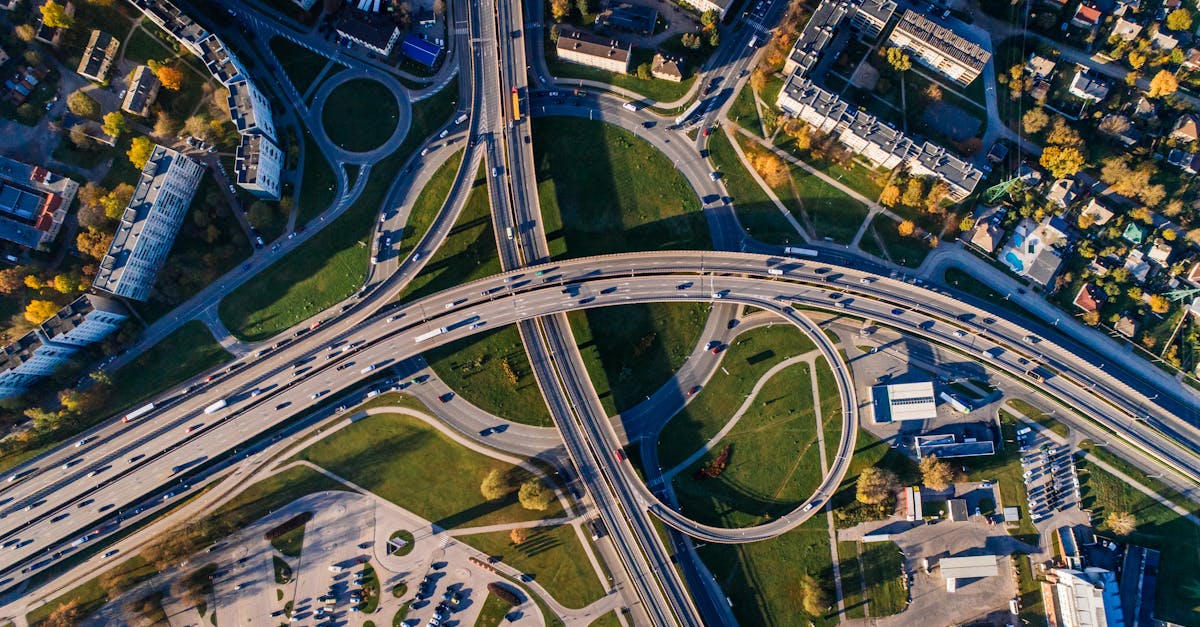The upcoming transfer of Lahaina wildfire debris from Olowalu to Central Maui, beginning June 16th, presents crucial considerations for business owners, investors, and residents. This large-scale operation, involving approximately 400,000 tons of debris, is expected to significantly impact traffic flow, particularly for those commuting to and from West Maui. Businesses reliant on timely deliveries or those with employees traveling through the affected areas should proactively adjust their operations to minimize potential disruptions.
According to Maui Now's recent report, the transport of debris is a joint effort between the County of Maui, FEMA, the U.S. Army Corps of Engineers, and the Hawaiʻi Department of Transportation. The operation anticipates up to 50 trucks making multiple daily trips, underscoring the potential for increased congestion. Businesses should communicate these potential delays to clients and suppliers.
The primary impact of the debris transfer will be on the West Maui economy, especially sectors such as Tourism & Hospitality and Real Estate & Development. Hotel and resort staff, service providers, and construction workers will likely experience increased commute times. Careful planning for these challenges is vital. Moreover, those with properties located near the transport route should anticipate possible noise pollution and potential impacts on property values.
Beyond these immediate concerns, the debris removal offers insight into longer-term recovery efforts. Civil Beat's recent article notes that by the end of the year, all debris will be moved to the Central Maui Landfill, paving the way for the restoration of the Olowalu site. This transition signifies progress in the overall recovery of the region, indirectly impacting investor sentiment and the pace of future development projects. This is a critical point for those interested in real-estate development and investment opportunities.
Businesses would benefit from closely monitoring updates from the County and other involved agencies. Implementing flexible work arrangements, optimizing delivery schedules, and encouraging alternative routes could mitigate the negative impacts of increased traffic. The Maui Recovers website will provide updates of the anticipated start date.



